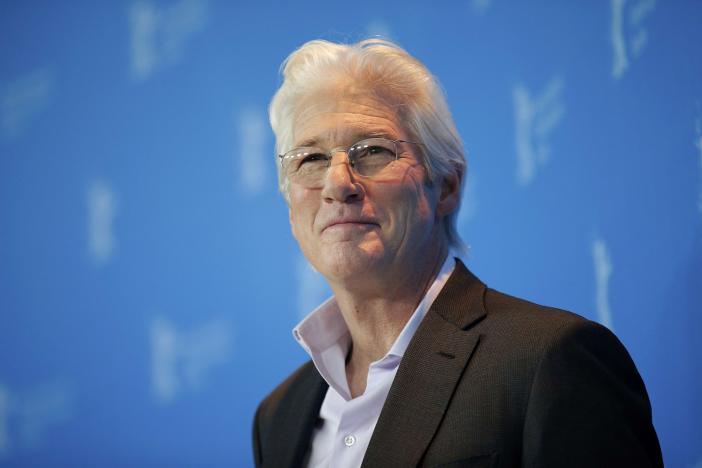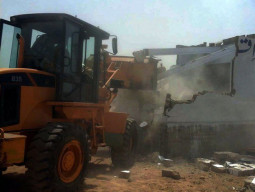1713889672-1/Plastic-waste-(2)1713889672-1.jpeg)
Research for sustainable solutions is needed to handle thousands of tons of solid waste and millions of gallons of wastewater the metropolis generates each day.
The majority of the people are directly and indirectly involved in creating environmental pollution, said University of Karachi Vice Chancellor Dr Khalid Mahmood Iraqi while addressing the seminar related to World Environment Day.
The KU Institute of Environmental Studies (IES) organized the event “Our Land, Our Future” at the KU Chinese Teachers’ Memorial Auditorium on Wednesday.
He said there was a need to implement the environmental laws in the metropolis, which has become a concrete jungle. Pakistanis always put trash in the bin when out of country but never do it in their motherland.
Earlier, the KU Director IES Dr Muhammad Farrakh Nawaz said Karachi generates 1,200 tons of solid waste and 450 million gallons of wastewater daily which is directly impacting the environment and human health. He stressed the need to conduct advanced research to find sustainable solutions to this rising problem of solid waste and wastewater.
According to WHO standards, air pollution in Karachi is twenty times higher than the permissible limit.
Geologist Professor Dr Jameel Hasan Kazmi highlighted the potential use of remote sensing (RS) and GIS techniques in the assessment of degradation, rehabilitation, and reclamation of degraded lands.
He shared that about 30 per cent of the agricultural land has been lost in Sindh.
The ecosystem and biodiversity are being destroyed due to plantations of imported plants. Conocarpus, a widely planted plant in the country and especially in Sindh, has spread destruction across the country.
The KU Dean of Faculty of Science Prof Dr Mussarat Jahan Yousaf spoke about several available solutions to reduce environmental waste and convert that waste into useful products.
The KU Secretary Landscape and Gardening Council Dr Waqar Ahmad presented the campus’s plantation and biodiversity policy.
A distinguished plant ecologist Rafiul Haq narrated the success story of mangrove rehabilitation in Pakistan. The Coordinator of Click Project Muhammad Masood Alam highlighted the issues of environmental degradation like climate change, deforestation, biodiversity loss, global warming, and pollution in global and Karachi contexts.
The deans, directors, chairpersons, resource persons, faculty members, students, and representatives of several industries NGOs, and other organizations participated in this event. The event was organized in collaboration with Martin Dow, Soorty Enterprises, Islamic Relief, RajBy, AE enterprises, Multinational Export Bureau, MapCarto, Liberty, ORIC, SEPA, FEROZAN, WWF, VERTEX and started with a plantation activity at the KU Institute of Environmental Studies.
Published in The Express Tribune, June 6th, 2024.


1732271743-0/diddy-(45)1732271743-0-165x106.webp)















COMMENTS
Comments are moderated and generally will be posted if they are on-topic and not abusive.
For more information, please see our Comments FAQ